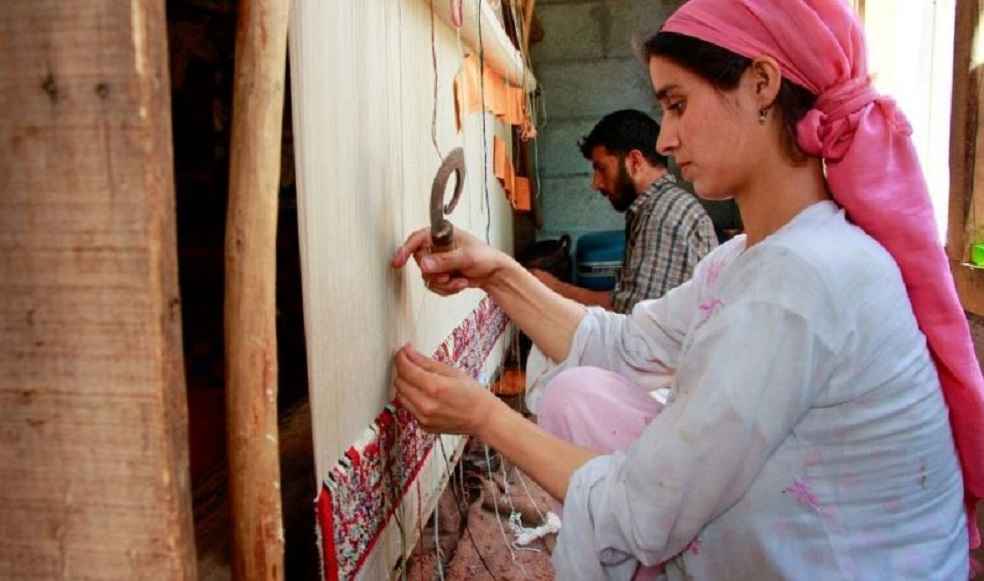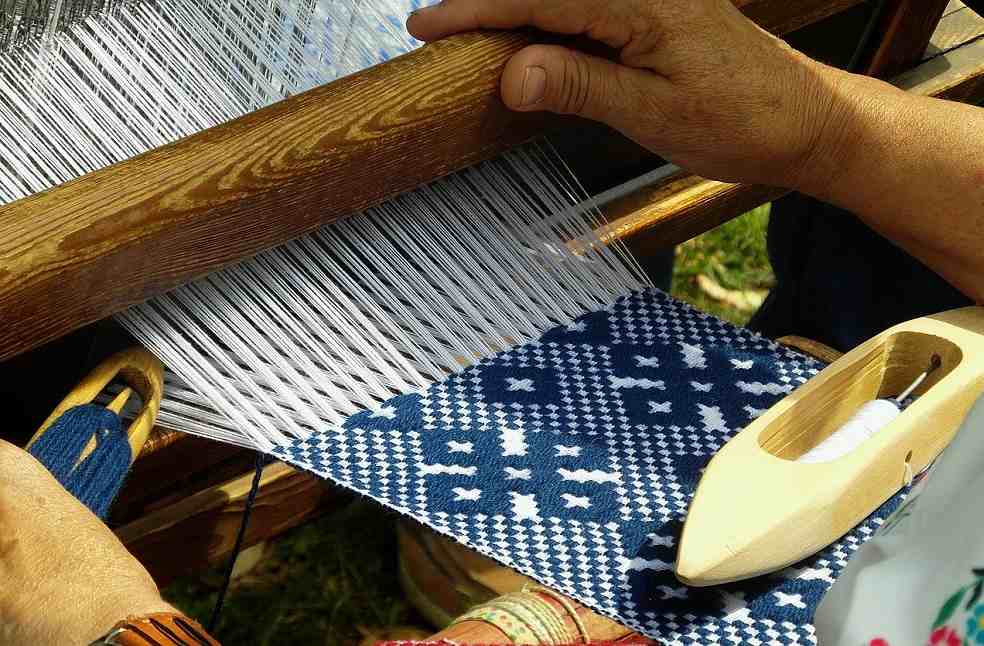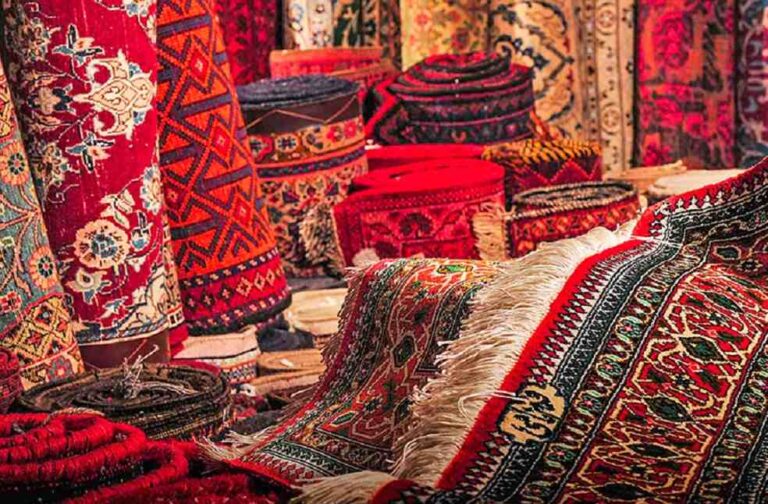Pakistan’s renowned hand-knotted carpet industry, known for its intricate designs and skilled craftsmanship, is experiencing a major downturn. Export statistics from 2004 to 2023 reveal a troubling decline, with earnings plummeting from a peak of $276.82 million in 2005 to a mere $54 million in 2020. A modest recovery to $87 million in 2023 offers little solace, as industry leaders grapple with escalating challenges.
Multiple factors contribute to the industry’s decline: labor shortages, scarcity of raw materials, high energy costs, increased freight fares, rising taxes, and elevated customs clearance and warehouse expenses. These compounding issues exert immense pressure on manufacturers and exporters.

Recent taxation measures introduced by the federal government exacerbate the situation. The Finance Act 2024-25 brings changes to the tax regime for direct and indirect exporters. Previously, the export of goods was subjected to a final tax regime, but now a 1.0 percent withholding tax is treated as the minimum tax. Exporters must compute their taxable income, and if the 1.0 percent withholding tax falls short, they must pay the difference.
Additionally, Section 147 of Advance Tax mandates specified withholding agents to collect the 1.0 percent advance income tax from exporters at the time of export proceeds realization. These changes impose a financial burden on carpet exporters, hindering their global competitiveness.
Energy costs present another critical issue. The government’s Trade Policy Framework and Textiles and Apparel Policy for 2020-2025 promised regionally competitive electricity tariffs for export-oriented industries, ranging from US cents 7.5 to 9 per kWh. Yet, the tariff for the carpet industry rose to US cents 9 per kWh from August to September 2022, and further to Rs19.99 per kWh from October 2022 to June 2023. Despite official announcements, concessional rates remain elusive.

Pakistan holds potential to boost carpet exports, especially with the China-Pakistan Free Trade Agreement (CPFTA) now including handmade carpets. This agreement provides duty-free access to China, creating new opportunities for carpet exporters. Yet, the new tax regime threatens these prospects.
The hand-knotted carpet industry serves as an income source for millions, particularly women in rural areas. It operates sustainably without heavy reliance on government subsidies. Despite its economic importance, neglect has led to a shortage of skilled artisans and disheartenment among industry participants.
Industry stakeholders remain hopeful for government intervention. They call for supportive policies, including regionally competitive energy tariffs and a favorable tax regime, to ensure the industry’s revival and sustainability.
LEADER’S SPOT | India-UK Trade Talks Revive with UK Foreign Secretary David Lammy’s Visit



